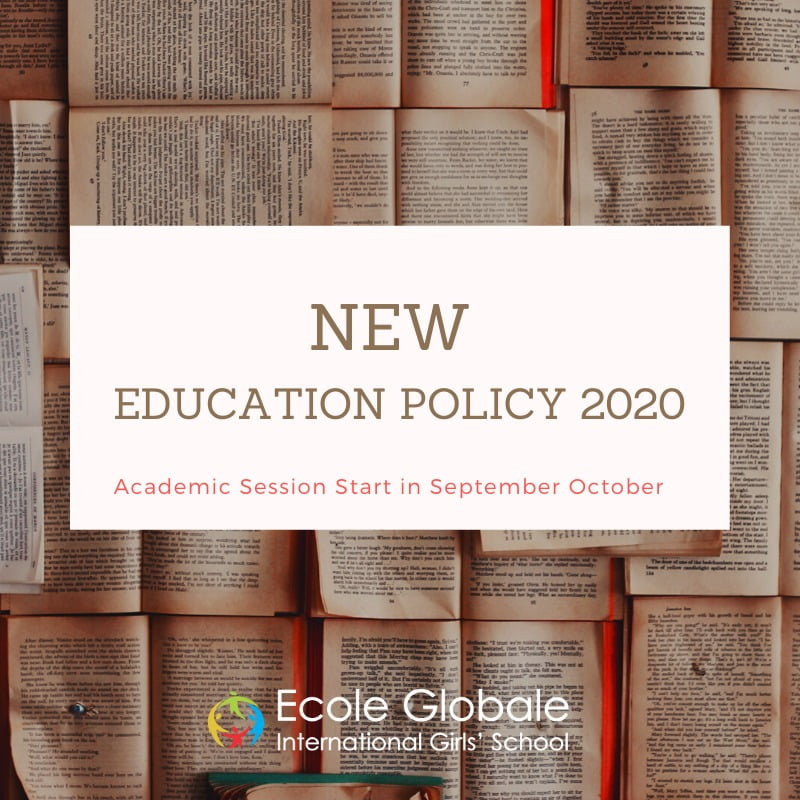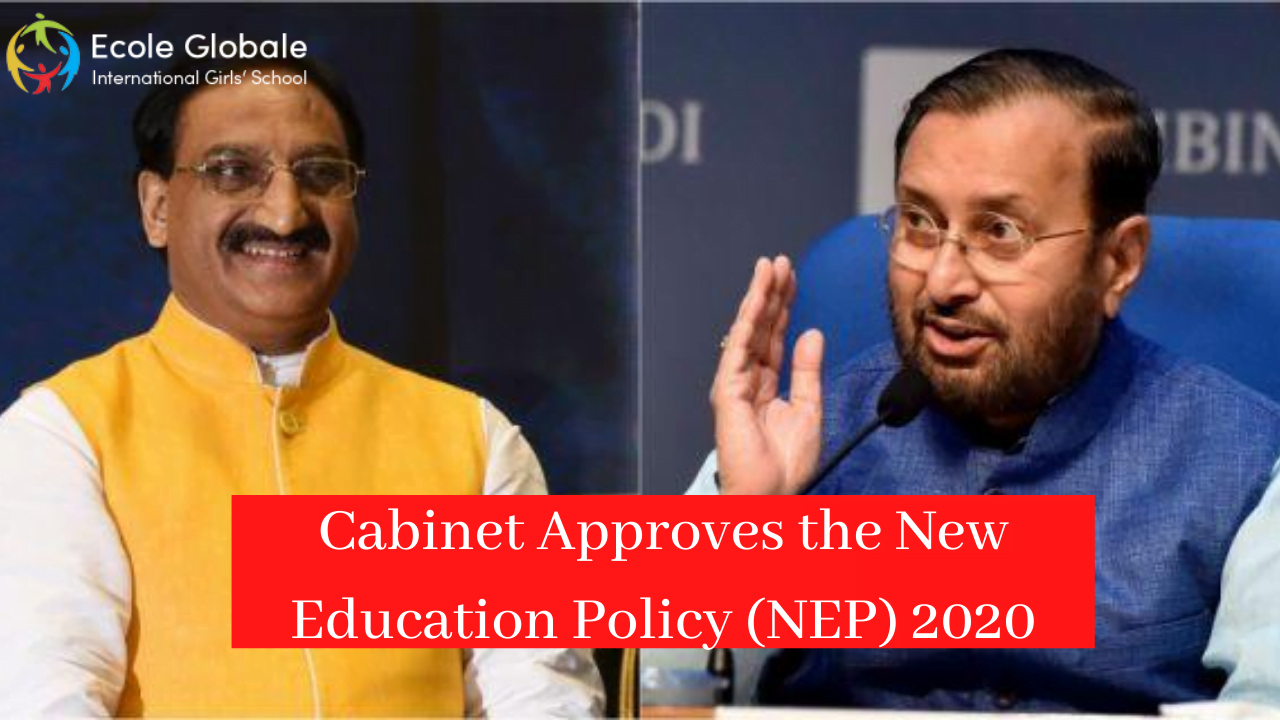A New Educational Policy (NEP), 2020, was approved and cleared today in the cabinet assembly. The ongoing pandemic and the unpredictability of COVID-19 delayed the academic session this year, and it is likely to start in the months of September-October.
The New Policy is aimed to come into effect soon, before the commencement of the subsequent session. Speculations regarding changing the name of the HRD Ministry to the Education Ministry were also prevalent and the cabinet approved the proposal for the same.
The NEP 2020 will replace the previous one, which was formulated in the year 1986 and was amended in the year 1992. The committee involved in framing the New Education Policy constituted K Kashturiranjan as the Chairman, and it was finally approved today, after five years. The draft of the NEP 2020 was made public in May 2019.
The NEP 2020 has introduced several changes that intend to transform and reconstruct the current educational scenario. Here are some of the relevant changes announced:-
- A plan for 100% gross enrollment ratio by the year 2030 for the universal early education have been proposed. For up to 5th standard, the students/ children will be instructed and taught in their mother tongue, and the English language will be made an optional subject for up to standard 8th. PARAKH has also been introduced as a standard body for setting norms and guidelines for student’s assessment and evaluation procedures. PARAKH will function as a National Assessment Centre that will ensure the holistic development of the students through proficient performance review methodologies. The plan, in general, proposes more exams.
- The Higher Education sector is also set for massive reform and has been categorized into three institutions – that conduct research, educate and degree-obtaining colleges. The practice of affiliation is to be eradicated, and institutions will become domain-specific with multidisciplinary programs. A single regulating body, the Higher Education Commission of India will supervise the entire system. Approval for foreign universities has also been granted.

SCHOOL EDUCATION
The NEP intend to globalize the ECCE (Early Childhood Care and Education). By the year 2030, all the children from age 3 to 6 will be enrolled in schools in order to achieve a 100% gross enrollment ratio. An emphasis is also relayed to on the assessment practices and proper analysis of the outcomes. Here are some key elements that were proposed:-
- All the states and the union territories in India will be compelled to “group” the schools into “school complexes”. This rationalization into the school complexes is to be achieved by the year 2025.
- For children up to standard 8th, a National Curricular and Pedagogical Framework for Early Childhood Care and Education (NCPFECCE) will be followed. A national body PARAKH (Performance Assessment, Review, and Analysis of Knowledge for the Holistic Development) will function as an assessment body for the same for all the recognized boards. The New framework of 5+3+3+4 will be followed by a strong foundation of Early Childhood Care and Education (ECCE).
- School Exams will be conducted for the students of class 3, 5 and 8. National level Board Exams will be conducted for the students of class 10th and 12th.
- The board exams will test a student’s knowledge application and will be more modular in nature.
- Schools will have bagless days for the students.
- The Vocational Programs will be presented to the students from standard 6th onwards.
HIGHER EDUCATION
Following listed are some of the key elements proposed:-
- The NEP committee aims to achieve a 50% gross enrollment ratio in the higher education sector by the year 2035.
- Three categories:- Research, Teaching, Degree-Granting Institutes.
- Eradicating the system of affiliated colleges and establishing autonomy gradually over a period of 15 years. More autonomy to the institutes and the faculties will be granted.
- UG programs will range from 3-4 years. Various exit options will also be made available. Some of the exit options are:-
- Certificate after one-year completion.
- Diploma after two years of completion.
- Bachelor’s Degree after a 3-year programme.
- Bachelor’s Degree in a 4-year multidisciplinary programme.
- The major and minor system will be followed, allowing students to opt for multidisciplinary options. MERUs (Multidisciplinary Education and Research Universities) will be established.
- International and Foreign Universities will be granted permission to set up in India. Additionally, mobility will also be granted to the students and the faculties.
- Fees will be revised and fixed for the private as well as public institutes.
- Governance of HEIs ( Higher Education Institutions) will have more administrative autonomy, and all HEIs will become multidisciplinary by the year 2040. Professional Education will become a compulsory part.
- IITI (Indian Institute of Translation and Interpretation) will also be established along with the National Research Foundation (NRF).
- All the national, tribal and classical languages of the country will be given prominence. National Institutes for Pali, Persian and Prakrit will also be established.










Pingback: Frequently Asked Questions (FAQs) on New National Education Policy